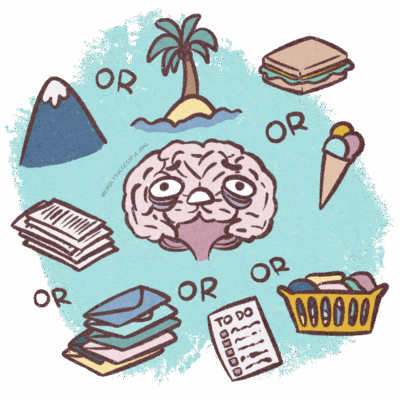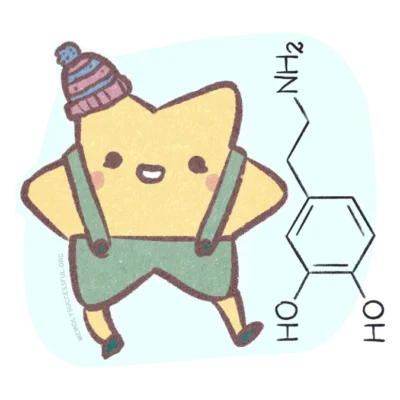Why do traditional productivity methods make me feel worse instead of better?
Traditional productivity methods are tips and tricks designed for people who already have all the resources and opportunity to be productive – they just need fine-tuning. Productivity methods are like buying a map when your car is already ready to go, with a full tank, a clean MOT, and you just need an optimal way …




